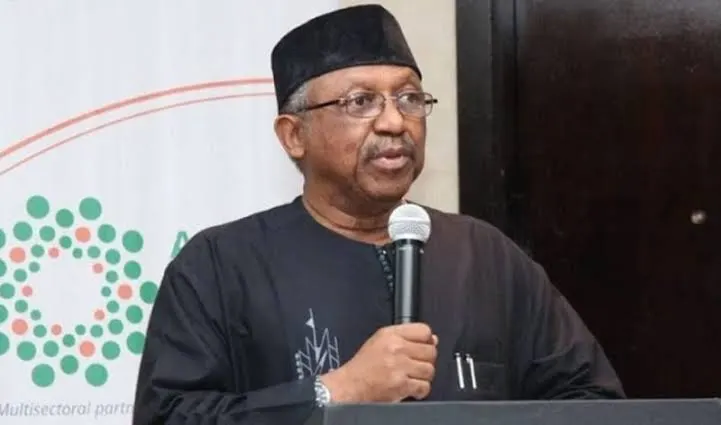Business & Economy
Foreign Affairs Minister Explains Why Nigerian Exports Are Rejected By Other Countries
The Minister of Foreign Affairs, Mr Geoffrey Onyeama, has explained why Nigerian exports are being rejected by many other countries.
The Publisher Nigeria learnt that the Minister, in his lamentation about the development, said that the quality of products from the country, especially agricultural products, do not meet the export standards of these countries.
Onyeama said this while speaking at a meeting with the Executive Director/Chief Executive Officer of the Nigerian Export Promotion Council (NEPC), Olusegun Awolowo, in Abuja on Saturday, July 10, 2021.
What the Minister of Foreign Affairs said
Onyeama in his statement said, “The Ministry of Foreign Affairs has a comparative and unique advantage to be physically present in over 100 countries in the world. Now, this represents truly a unique opportunity to leverage that presence to export and trade our goods.
There are a number of countries around the world not blessed with the natural resources that we have but yet, through trade, have transformed their societies and have become major economic powers. In engaging with a number of countries, we have seen that, especially in the agriculture sector, the phytosanitary aspect is very important.
We are being denied market access into a lot of countries because of the quality of the products. And this is costing us huge resources. So I think that your agency (NEPC) also has a lot of work to do.”
The Minister also said that the Federal Government will focus on strengthening economic diplomacy in ensuring Nigeria benefits from countries it has formal relationships with.
On his part, the NEPC boss, Mr Awolowo, expressed confidence that the Federal Government’s efforts will lead to the agency’s realization of $30 billion from non-oil export by 2025.
Bottom line
The realization of Nigeria’s export potentials will help in boosting the country’s efforts at diversifying the economy and reduce the over-dependence on oil for revenue and foreign exchange earnings.


